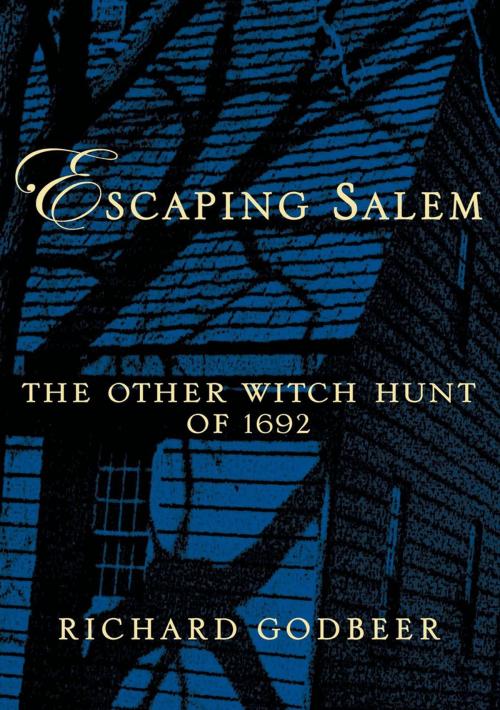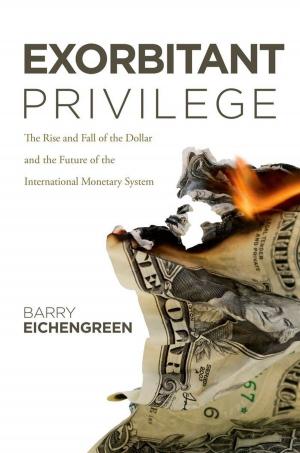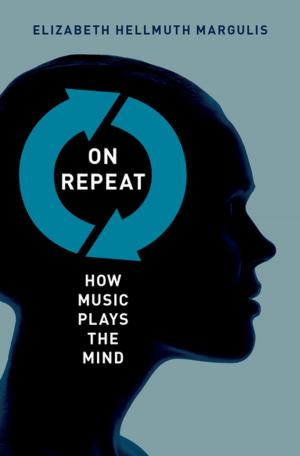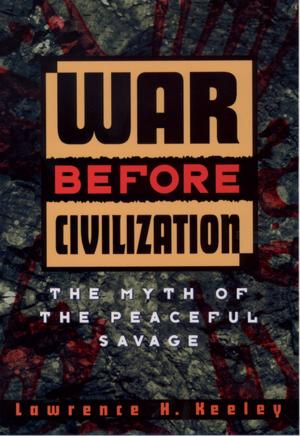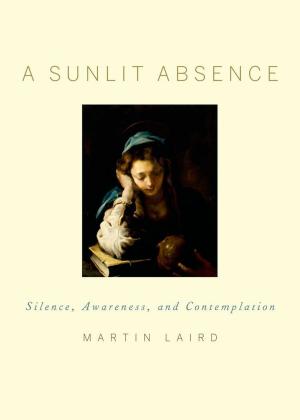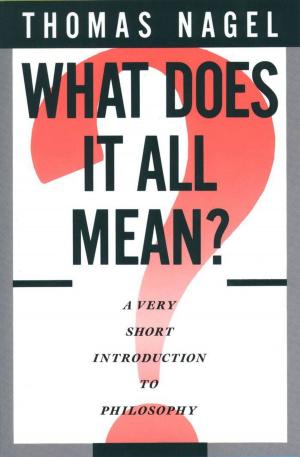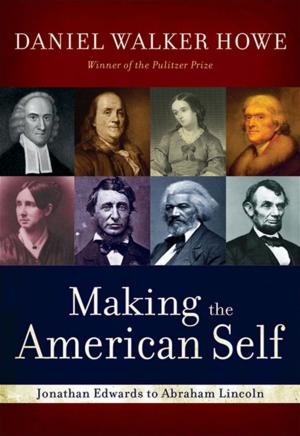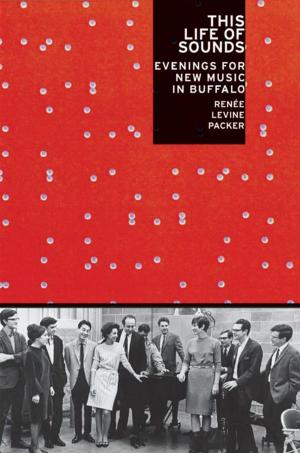Escaping Salem:The Other Witch Hunt of 1692
The Other Witch Hunt of 1692
Nonfiction, Reference & Language, Law, Legal History, History, Americas, United States| Author: | Richard Godbeer | ISBN: | 9780199882939 |
| Publisher: | Oxford University Press, USA | Publication: | October 1, 2004 |
| Imprint: | Oxford University Press | Language: | English |
| Author: | Richard Godbeer |
| ISBN: | 9780199882939 |
| Publisher: | Oxford University Press, USA |
| Publication: | October 1, 2004 |
| Imprint: | Oxford University Press |
| Language: | English |
Few events in American history are as well remembered as the Salem Witch Trials of 1692. But there was another witch hunt that year, in Stamford, Connecticut, that has never been examined in depth. Now Richard Godbeer describes this "other witch hunt" in a concise, fascinating narrative that illuminates the colonial world and shatters the stereotype of early New Englanders as quick to accuse and condemn. That stereotype originates with Salem, which was in many ways unlike other outbreaks of witch-hunting in the region. Drawing on eye-witness testimony, Godbeer tells the story of Kate Branch, a seventeen-year-old afflicted by strange visions and given to blood-chilling wails of pain and fright. Branch accused several women of bewitching her, two of whom were put on trial for witchcraft. The book takes us inside the courtroom--and inside the minds of the surprisingly skeptical Stamford townfolk. Was the pain and screaming due to natural causes, or to supernatural causes? Was Branch simply faking the symptoms? And if she was bewitched, why believe her specific accusations, since her information came from demons who might well be lying? For the judges, Godbeer shows, the trial was a legal thicket. All agreed that witches posed a real and serious threat, but proving witchcraft (an invisible crime) in court was another matter. The court in Salem had become mired in controversy over its use of dubious evidence. In an intriguing passage, Godbeer examines Magistrate Jonathan Selleck's notes on how to determine the guilt of someone accused of witchcraft--an illuminating look at what constituted proof of witchcraft at the time. The stakes were high--if found guilty, the two accused women would be hanged. In the afterword, Godbeer explains how he used the trial evidence to build his narrative, an inside look at the historian's craft that enhances this wonderful account of life in colonial New England.
Few events in American history are as well remembered as the Salem Witch Trials of 1692. But there was another witch hunt that year, in Stamford, Connecticut, that has never been examined in depth. Now Richard Godbeer describes this "other witch hunt" in a concise, fascinating narrative that illuminates the colonial world and shatters the stereotype of early New Englanders as quick to accuse and condemn. That stereotype originates with Salem, which was in many ways unlike other outbreaks of witch-hunting in the region. Drawing on eye-witness testimony, Godbeer tells the story of Kate Branch, a seventeen-year-old afflicted by strange visions and given to blood-chilling wails of pain and fright. Branch accused several women of bewitching her, two of whom were put on trial for witchcraft. The book takes us inside the courtroom--and inside the minds of the surprisingly skeptical Stamford townfolk. Was the pain and screaming due to natural causes, or to supernatural causes? Was Branch simply faking the symptoms? And if she was bewitched, why believe her specific accusations, since her information came from demons who might well be lying? For the judges, Godbeer shows, the trial was a legal thicket. All agreed that witches posed a real and serious threat, but proving witchcraft (an invisible crime) in court was another matter. The court in Salem had become mired in controversy over its use of dubious evidence. In an intriguing passage, Godbeer examines Magistrate Jonathan Selleck's notes on how to determine the guilt of someone accused of witchcraft--an illuminating look at what constituted proof of witchcraft at the time. The stakes were high--if found guilty, the two accused women would be hanged. In the afterword, Godbeer explains how he used the trial evidence to build his narrative, an inside look at the historian's craft that enhances this wonderful account of life in colonial New England.
